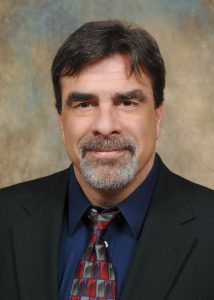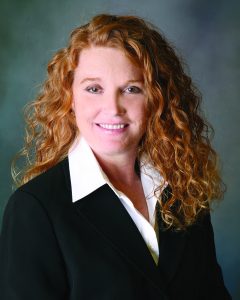Author: pricilagran

Michael O’Hearn, MSW, LISW-S
Odum’s Paradigm
Odum’s (1988) Self-Organization, Transformity, and Information is a conceptual framework for this intervention. It is supported by two traditional pillars of economic theory: (1) the production-consumption model (“supply and demand”), and (2) production-consumption growth equilibrium. This is a social currency system, not a monetary system; the currency is energy and information. Odum adds “recycling” to the first component, constituting the following model:
Source > Production > Consumption > Recycle >
The output from production-consumption-recycle iterations is recycled into more concentrated and refined products (components) and by-products (process fractals). Both are recycled as source input of subsequent iterations, and simultaneously constitutes a control parameter fortifying production (Odum, 1988). Products and by-products of partner interactions are recycled as source input, control production, and either fortify or inhibit development over time.
Production components are contributions and defections; each generates products and by-products. Gottman (2012) outlines behavioral correlates that sustain or erode cooperation and trust in relationships. These are discerned as inventories of contribution products and by-products, and defection products and by-products.
Contributions. Contribution products and by-products can help regulate autonomic nervous system (ANS) triggering, fortify cooperation, and trust in relationships. Four advantages of demonstrated trust in relationships are: (1) trust reduces complexity of all transactions, (2) trust permits action with incomplete information (benefit of the doubt), (3) trust minimizes transaction costs, and (4) trust increases relationship resilience as complexity naturally increases over time (Gottman, 2012, p.78).
Some partner contribution products can include: (1) neutral narrative of subjective views, (2) minimum 4:1 positive to negative interaction frequency, (3) soft start to difficult conversations, (4) accept influence, change behavior to meet partner’s needs, and recognize partner’s change efforts, (5) tolerate partner’s negative emotion, and focus on the problem at hand, (6) set limits on behavioral expression of negative emotions, (7) accept responsibility and apologies, and (8) make positive statements of needs (Gottman, 2012).
Examples of contribution by-products can include: (1) overall positive perspective and “us-ness,” (2) shared meaning, purpose, fondness, and admiration, (3) eye contact and touch are soothing in conflict, (4) prioritize understanding, (7) non-defensive listening to partner’s negative emotion, (8) effective dialogue and problem solving on perpetual issues, (9) offer and accept apologies, and (10) cooperation and trust (Gottman, 2012).
Defections. Defection products and by-products reinforce elevated and protracted ANS activation, entropy conservation, and erosion of cooperation and trust in relationships. Criticism, contempt, defensiveness, and stonewalling are correlates of marital dissatisfaction and divorce (Gottman, 2012).






